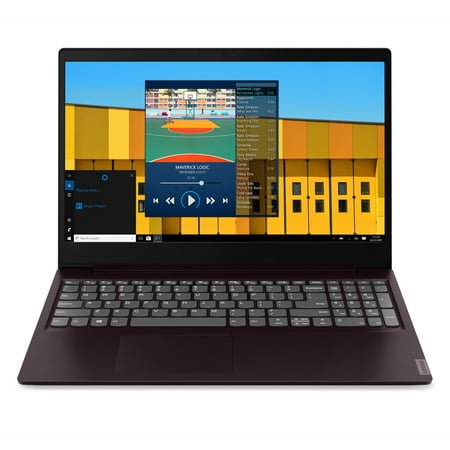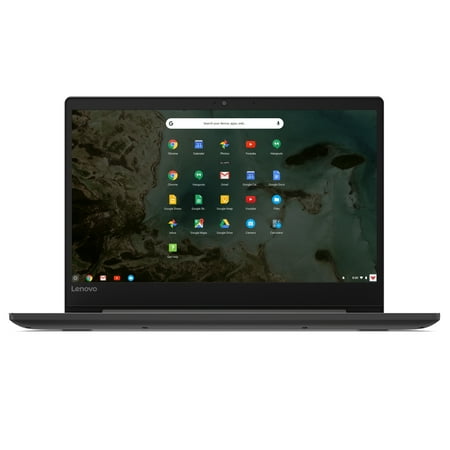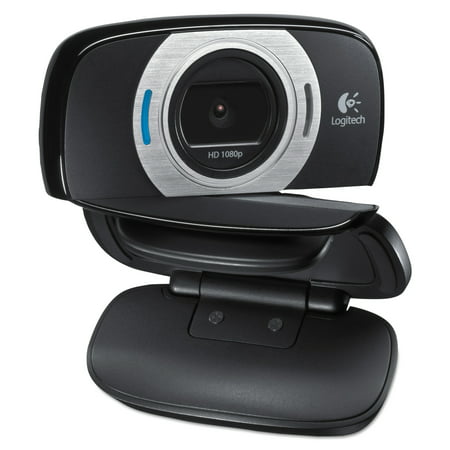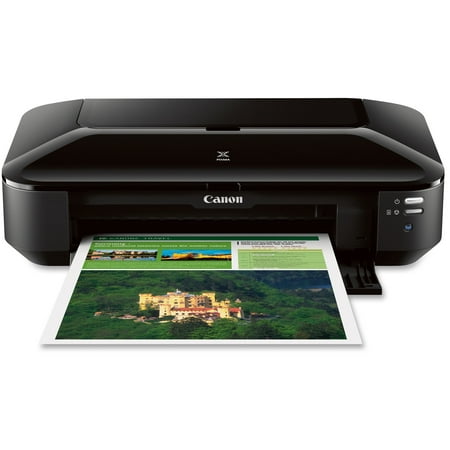Lenovo ideapad S145 15.6″ Laptop, Intel Core i3-1005G1 Dual-Core Processor, 4GB Memory, 128GB Solid State Drive, Windows 10 – Dark Orchid – 81W800K3US (Google Classroom Compatible)
BUILT TO LAST Engineered for long-lasting performance, the Lenovo⢠IdeaPad⢠S145 delivers powerful performance in a stylish, light design. Perfect for everyday computing, this durable 15.6-inch laptop boasts exceptional audio and has fast, secure storage for all of your photos, music and videos. 2020 model
















Operating System: Windows 10 in S ModeProcessor: 10th Generation Intel Core i3-1005G1 Dual-Core ProcessorDisplay: 15.6″ HD LED Backlit Anti-Glare DisplayMemory: 4GB 2666MHz DDR4 OnBoard RAMInternal Storage: 128GB 2242 m.2 NVMe Solid State DriveGraphics: Integrated Intel UHD GraphicsOptical Drive: NoneAudio: 2 x 1.5W Speakers with Dolby AudioBattery Life: Up to 6 HoursWireless: 802.11AC Wi-Fi and Bluetooth 4.1 ComboWebcam: 0.3MP CameraProduct Weight: 4.07 lbsColor: Dark OrchidGoogle Classroom Compatible





Reviews
There are no reviews yet.